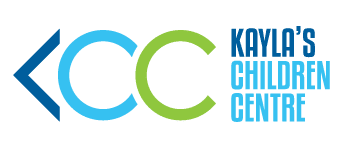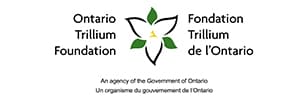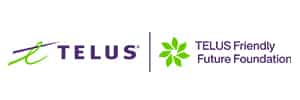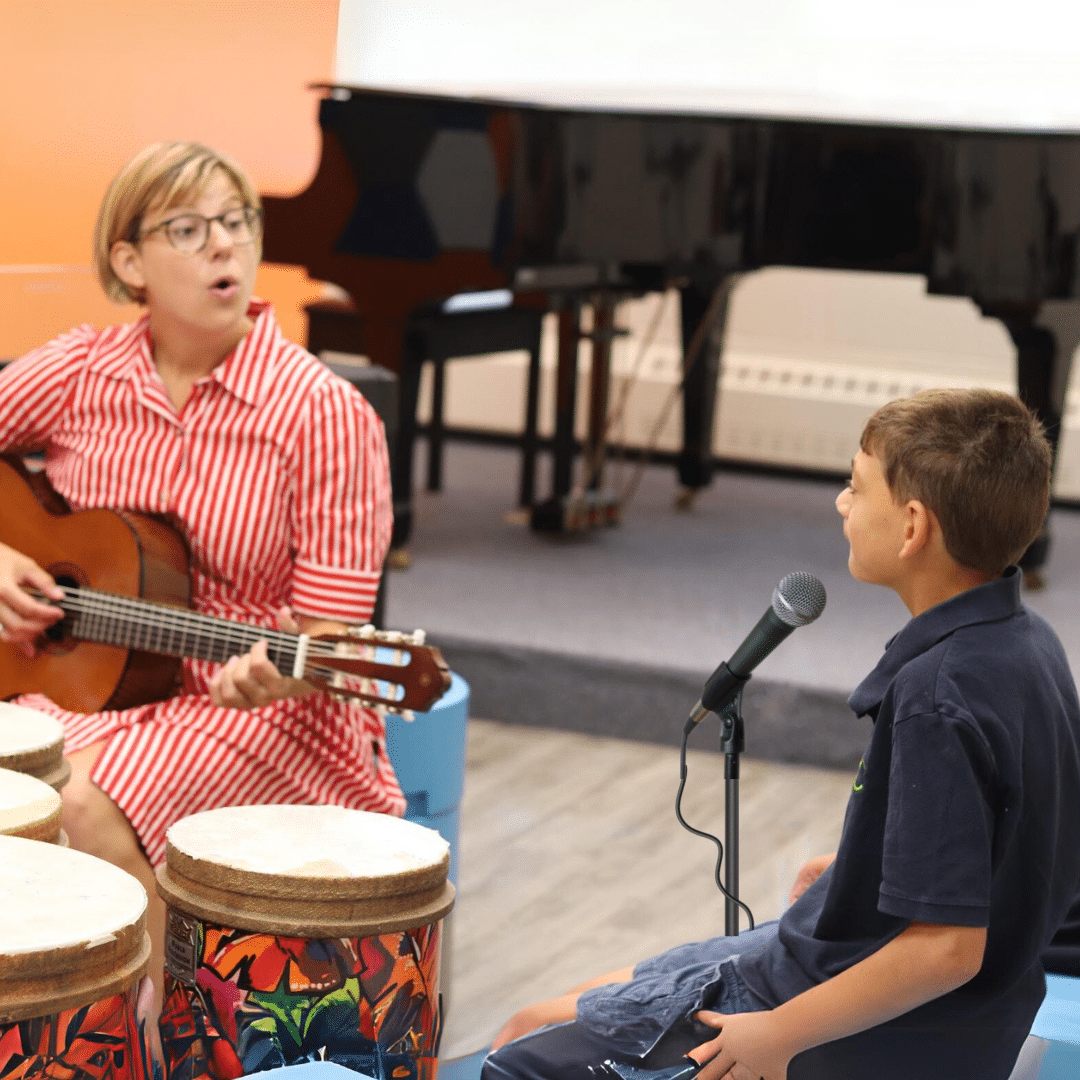
What is Music Therapy?
Music Therapy is the clinical application of music interventions by a qualified music therapist to address needs in a wide variety of domains. Ongoing research in music and the brain has revealed that listening to and performing music coordinates brain activity in a large number of brain structures at the same time.
Music has been shown to support language acquisition/rehabilitation, motor skills, emotional expression, social engagement and cognitive development. Music therapy is used extensively in pediatric, rehabilitation, mental health, medical and chronic care settings.
At Kayla’s Children Centre we utilize a variety of music mediums in conjunction with a therapeutic relationship between therapist and child to address needs in the areas of communication, motor, social/emotional and cognitive development.

What does Music Therapy look like?
In developmental music therapy sessions the therapist and client engage in music-making together using a variety of instruments, songs, improvisations and song-writing activities.
Some example applications include:
· A young child with autism may be drawn into a social interaction through the dynamic rhythm or melody input of a drum or keyboard.
· A child with self-regulation deficits might use song-writing to express their feelings and learn more about how to manage their emotions.
· Songs with pictures can expand vocabulary and stimulate story-telling.
· Activities that utilize rhythmic entrainment can help develop auditory processing and motor coordination.
· Singing familiar songs can help promote verbal/vocal output like filling in gaps at the ends of phrases and gradually singing more and more of a favourite song.
· Improvisational activities can engage a child in many ways through playing instruments, movement or vocalizing. Therapists can imitate, expand, lead and follow music expression of the child creating a reciprocal non-verbal communicative, social interaction.
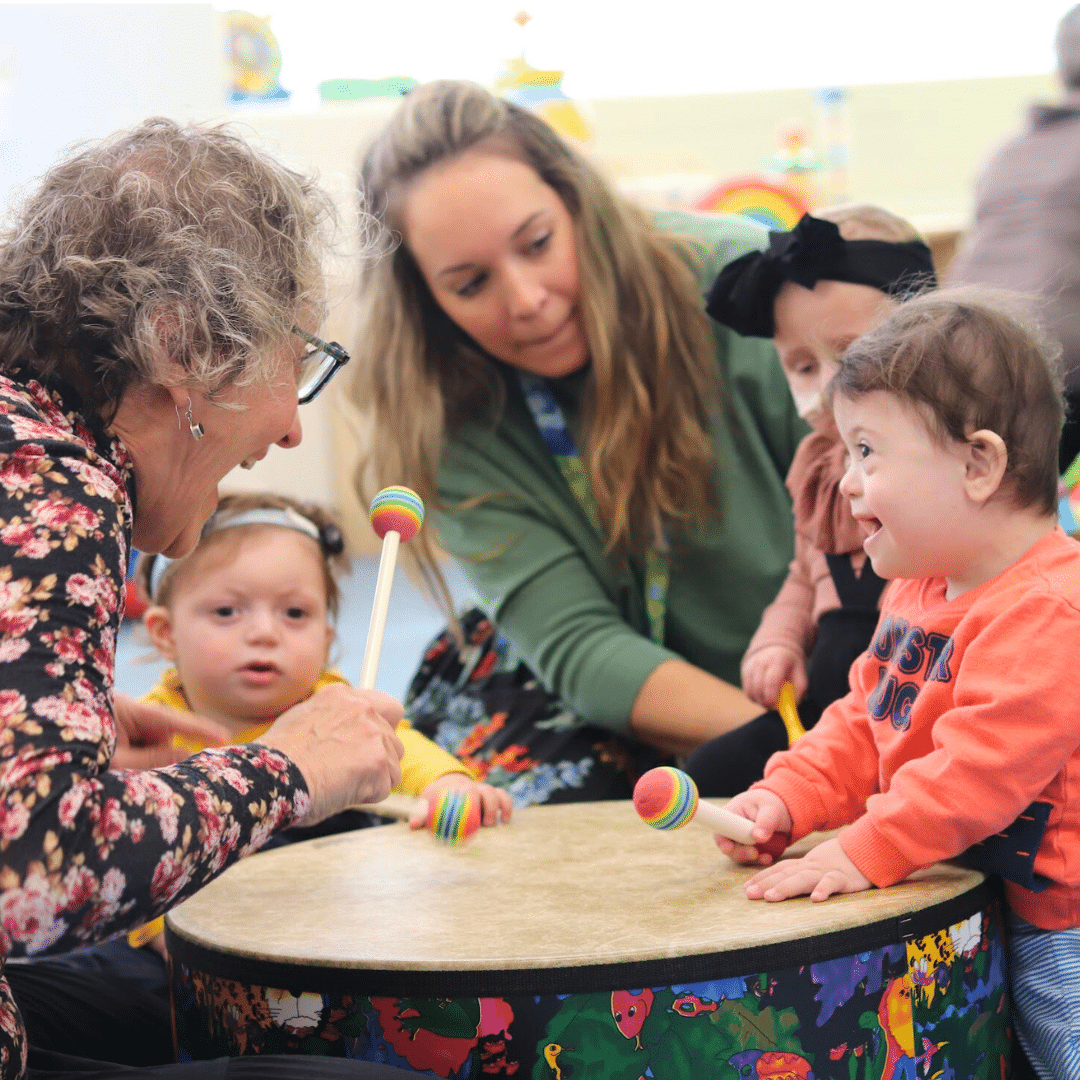
Why might my child benefit from Music Therapy?
Music therapy is a powerful tool to engage and motivate a child to try new things and practice needed developmental skills. It can serve as “therapy in disguise” for children who may be resistant or uncertain in other therapy or learning situations.
Music is an area of strength and a highly preferred activity for many children. Utilizing a child’s confidence in music participation can ease a child into working on skills that are more challenging to address. Music can be a non-threatening medium to explore emotions and emotional expression.
